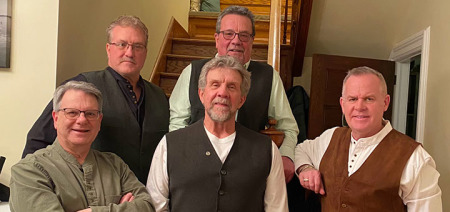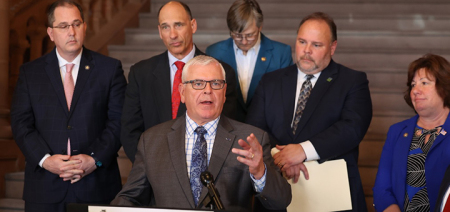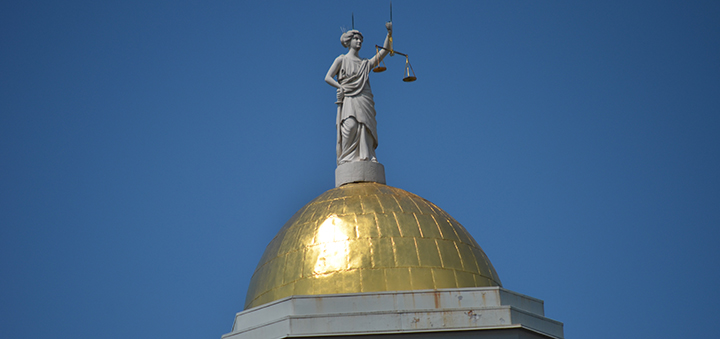Suddenly More Americanized Supreme Court Has Long Way Ahead To Do More
Published:
July 2nd, 2014
By Nat Hentoff, NEA Columnist
As rarely as I celebrate decisions of the Roberts Supreme Court, I certainly agree with its unanimous ruling last week that protects the privacy rights of cellphone users from government searches without due process. I also agree with last week's unanimous decision that ends the no-free-speech buffer zones on public streets alongside abortion clinics, which penalized the speaking presence of pro-lifers ("The Court's Powerful New Consensus," Neal K. Katyal, The New York Times, June 27).
But, as happens almost daily in his press releases and analyses, Rutherford Institute founder John Whitehead keeps reminding us of brazen Supreme Court violations of the Constitution during this and past administrations.
In a June 23 commentary, this constitutional lawyer performed a needed public service and hopefully awakened much of the media.
Did you know that "police officers can stop cars based only on 'anonymous' tips"?
Whitehead continues: "In a 5-4 ruling in Navarette v. California (2014), the court declared that police officers can, under the guise of 'reasonable suspicion,' stop cars and question drivers based solely on anonymous tips, no matter how dubious, and whether or not they themselves witnessed any troubling behavior.
The Evening Sun
Continue reading your article with a Premium Evesun Membership
View Membership Options
Comments











